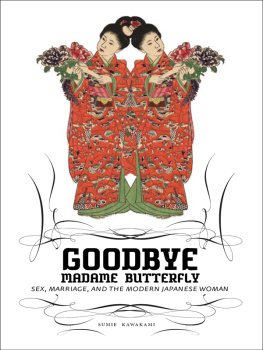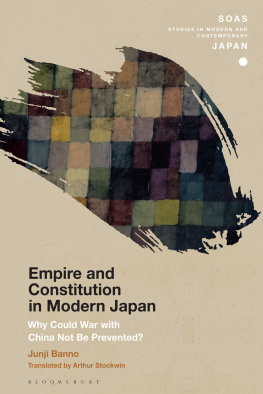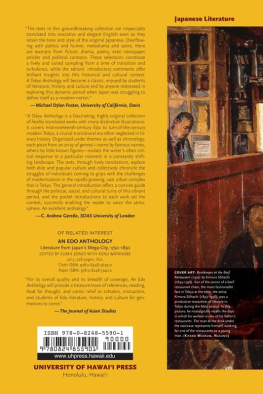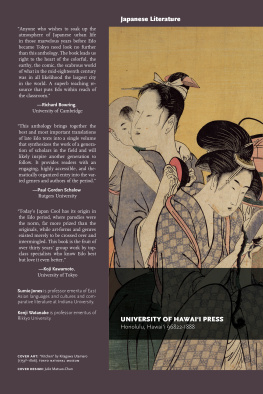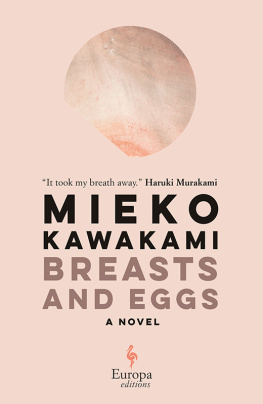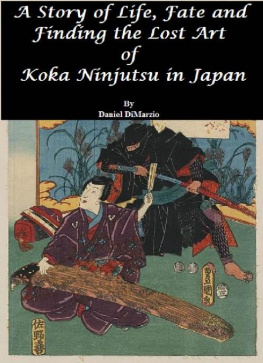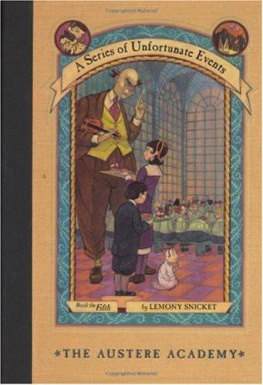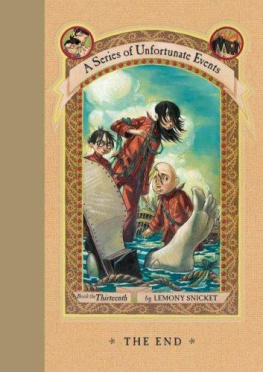ACKNOWLEDGMENTS:
I am indebted to my publisher, editor and long-time friend, Bruce Rutledge, for giving me the support and encouragement to complete this project. This book would not have existed without his continued efforts to bring the project together and his balanced editorial judgment. My gratitude also goes to Yuko Enomoto, who spent so many hours translating most of the transcripts. Her excellent translation and her fine word choices made the transcript much more profound than the original.
I am grateful to our art director, Craig Mod, whose superb artwork gives the book a definitive presence. He also acted as sales/marketing representative in Tokyo and was the cornerstone of our project, providing me with all the necessary logistics as well as psychological support. My thanks also go to Dave Rutledge for his deep insights. His patience while reading and proofing the book gave me the courage to continue on, especially when I felt lost in the details. Although I am responsible for the stories, this book was born as the result of a team effort with everybody at Chin Music Press.
I owe particular gratitude to my sister, Naomi Morishima, who read every single word I wrote since I started this project and gave feedback on each paragraph. I couldnt have done the job without her standing by me throughout the whole process. My thanks also go to Peter Fuchs, who helped me become more honest and see things from different perspectives.
I am also indebted to my friends and their friends, who shared their life stories and their views on sex and marriage, and who connected me with the women I interviewed. I cannot write down all the names here, but you know who you are and how appreciative I am of your kindness and encouragement. This project was not possible without your participation and enthusiasm.
And, finally, my gratitude goes to all the women I interviewed whose names I cannot disclose here due to privacy issues. I cannot express how much I appreciate your courage in sharing your stories with me and readers across the globe.
Sumie Kawakami
(soopurando). Terms for most sex establishments in Japan are based on English words and rendered in the katakana syllabary used for borrowed words.
(fasshyonherusu). Sometimes referred to as just (herusu).
(deribari-herusu). Also known by the short version, (deriheru).
(imeejikurabu)
(hapuningubaa)
, published by Astra Inc.
A cheer given during a festival, like heave ho!
A popular brand of photo booth.
. In 1989, a former employee of a publishing company filed suit against her former boss and company, creating Japans first legal case of sexual harassment.
It is still fairly common for men to marry into a womans family in Japan, taking the wifes family name as his own, especially when family business concerns are involved.
Soichiros nickname. Friends and family often tack chan onto a shortened version of a name as an expression of endearment.
Cram schools, known as juku (), ready young students for entrance exams as early as kindergarten.
A tsubo () is 3.3 square meters.
. The critical years for men are twenty-five, forty-two and sixty-one; for women, they are nineteen, thirty-three and thirty-seven.
Japanese abbreviation for Tokyo Electric Power Co.
753 celebrations, known as shichi-go-san (), are held at Shinto shrines throughout Japan on or around November fifteenth. Boys and girls turning three that year, boys turning five and girls turning seven dress in formal wear (usually hakama for boys and kimono for girls, but sometimes Western-style suits and dresses as well) and go to the shrine to have their picture taken.
Most Japanese social groups, including college seminars, have a team leader, an accountant (to manage contributions for farewell gifts and the like) and a record keeper.
WASHOI!
Chami, Bar Owner, 27
I TS SEVEN PM in Kabukicho and the neon is just beginning to flicker. Chami prepares her cozy, ten-seat bar for another night of revelry. The pub is in a corner of an anonymous multi-use building surrounded by happening bars, host clubs, sex-toy shops, cabarets and soaplands.
Chami, impeccably made up, readies the bar for its opening at eight. She will be serving customers until sunrise. Chami and three other friends own the bar, but she and Koriki are usually the ones in charge; when they get some time off, they visit other bars in the vicinity. Chami thinks that in spite of appearances, Kabukicho still has remnants of that close-knit downtown sort of feel.
Their business has increased greatly in the past six months. Theyre getting close to turning a profit. What weve got here is a gathering space, a place everybody wanders into looking for fun, you know, a place you can meet somebody, have a good drink, Chami says. Regulars at Chamis bar are of all ages, sexual persuasions and professions. Her encounters here are what helps keep her going, she says.
Goods from Japanese festivals decorate the walls along with posters from the 1950s and antiques (including a statue of a kimono-clad couple, who from the top look like any ordinary pair, but view them from below to see their exposed genitals intertwined in an act of sex). Hip-hop tunes play in the background, and Disney charms hang from bottles that line the shelves. Chami and her friends wear uniforms a festival shirt over a pair of jeans.
The four women are all friends from middle school. Though they have taken different paths in the fifteen or so years since they were classmates, they held one thing in common: a love of festivals, or matsuri, as theyre known in Japan. They love shouting washoi! while hoisting portable shrines, banging on the taiko drums and making general merriment.
But matsuri are traditional events, so when four women come together to get rowdy, they really stand out and not in a good way. Female shrine carriers are rare, but when these four get in on the action, they do it with flair, shouting Outta the way! Outta the way! as they run the shrine through the streets. This irritates the men, who push back: Women, get outta here!
Its none of your frickin business! Chami and her friends yell back.
Its totally fun, Chami says. And the sak they drink afterwards tastes exceptionally good, she adds with a proud snort.
At the bar, Chami spikes her hair, dyed a golden brown, with wax and applies black eyeshadow, which makes her eyes pop out. Chami is generous with her laughter and speaks in a somewhat dated street lingo, but beneath this boisterous exterior is a sensitive soul who lost a young love when she was just twenty-one.
Its been six years, but I dont talk about him to many people. I dont want people poking around. I only tell people who I think are OK. He died in December, just before his twenty-fifth birthday. Hed be thirty-one if he was alive, she says.
Chami met Kazuaki at a beauty salon while she was in high school. One day, he asked her to become a model for a haircut. She accepted, thinking it would be fun; thats how they began seeing each other. At the time they were just friends. Kazuaki became her boyfriend several years later.
Until the day that he died, Kazuaki was Chamis only true love. But through those years, their relationship was on-again, off-again mainly because of infidelities on either side.
I fooled around a lot, so it went both ways. Youre doing it so Im doing it too. That was my excuse at the time. Those women he went out with were psychotic. When I was with him, one came crashing into his place, another one kept calling and calling, Chami recalls.
Next page
